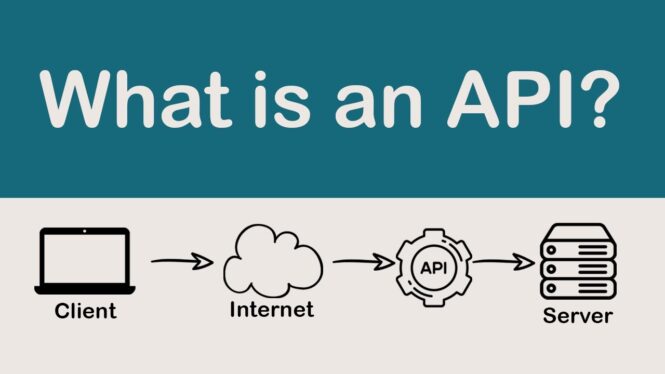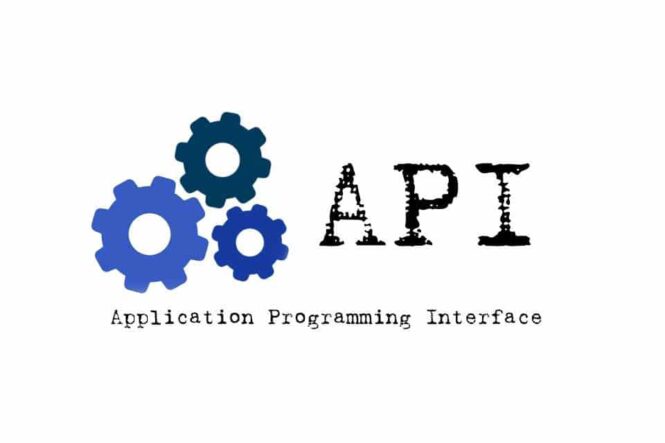It goes without saying that software development is at an all-time high. With digitalization taking over on a global scale, the scope has never been higher and it’s only expected to grow further. As of the moment, the total number of software engineers stands at 26.9 million, globally.
Web applications and mobile applications were always in demand since they came into being. The introduction of new technologies like Progressive Web Apps and Augmented/Virtual Reality (AR/VR) has only further solidified this claim.
We’re all aware of how more robust technologies are being introduced as every day passes. Whether it’s frontend technologies, backend technologies, or UX/UI, the list only goes on, with each technology getting better than the previous one (in most cases, at least). APIs are no different and have revolutionized pipelines when it comes to application development.
There are endless lists of all these technologies which are currently being used worldwide, but there’s no doubt that every technology has its pros and cons. In this article, we’re going to highlight the pros and cons of utilizing APIs for building software applications.
What Are APIs?

An Application Programming Interface (API) is a software intermediary that connects two applications and allows information exchange between the two. In simple words, it allows the applications to talk to each other by creating a link.
Ever since APIs were introduced, they sped up the entire process of software development and have no doubt added value to the growth of the overall software industry. In the past 10 years or so, APIs have allowed a faster and much more seamless integration among applications, and have undoubtedly, facilitated the pace of tech innovations that are happening today.
How Do APIs Work?

It’s important to understand how these programs are able to communicate with each other before diving deep into an analysis.
APIs are based on a set of rules that establish how two applications will interact with each other. Looking at a very basic use-case; lower-level APIs make it possible for you to copy one file from a program like Excel, to another such as MS Word. How an entry will be pasted into a word document from a spreadsheet is based on the rules within the API.
APIs are being used in almost every industry at the moment. Even in places like the stock market. With so many API providers such as ProgrammableWeb, Public APIs, and RapidAPI, sectors like the stock market are even hitting an all-time boom.
By allowing software engineers to ‘plug’ applications into one another, APIs and software development as a whole has allowed other industries to grow beyond anything, anyone could have ever expected.
Is Using APIs the Correct Way to Go?

Regardless of the way our digital ecosystem has been revolutionized, APIs do bring about some pros and cons; as does any technology.
Pros:
- Lesser Attention to Detail:
Technology is something that evolves over time. It evolves because when a discovery is made by one person, the next person will build on top of it to make it even better, and this turns into a cycle.
APIs work in the same way. When a developer has spent a considerable time doing the homework, the next person won’t have to revisit the same and drown themselves in all those details. They already have a working model in place to build on top of and a developer won’t have to dive in too deep to understand the science behind it. - Reducing Complexities:
Building on top of lesser complexities as mentioned earlier, APIs allow a developer’s work to become a lot easier. With the groundwork already done, the next person doesn’t have to complicate the development cycle. A good example of this is utilizing business capability delivery APIs. These APIs allow you to simply make a decision based-off rules that have already been set in place. A delivery API will calculate a delivery schedule of a courier from your home to somewhere in Venice without you having to do anything manually. But there’s one problem, state regulations can change, right? This is exactly why APIs are updated. - Time-Saving & Efficiency:
Cost-cutting is a real thing. And it does save a business a lot of money down the line, which makes API integration of paramount importance to a business. A developer won’t have to re-write rules and code from scratch when there’s something already available, working the way just how a developer wants it to.
With more time to spare, developers are able to become a lot more efficient when it comes to their productivity, getting more done in a lesser amount of time than they typically would have.
Cons:
- Security Risks:
Security is a prime focus in the software industry. Since cybercrime is now higher than ever, implementing top-of-the-line security protocols is a very important element. Unfortunately, APIs are the primary focus for any hacker. If an API is compromised, it puts all applications connected to it at risk as well. However, this can be counteracted by using higher-quality APIs that have more layers of security and by applying the best cybersecurity practices. - Loss of Control:
More and more APIs are being introduced every other day, sometimes making it difficult to keep track of which one to use and how to use it. By the time a business would onboard a new paradigm, there might be even a newer one available. However, the good news is that the adaptability element is relatively shorter. Whatever that’s been done before can be utilized and applied again.
Final Verdict:

If we make a comparison, APIs definitely have brought more benefits to the software world as opposed to their downsides. If implemented the right way, it saves developers a considerable amount of time.
By 2030, the enterprise software market is expected to grow up to USD 625.61 Billion. Unless another technology that allows integration amongst applications comes in, APIs will play a major role in the world to get there.
 Imagup General Magazine 2024
Imagup General Magazine 2024



